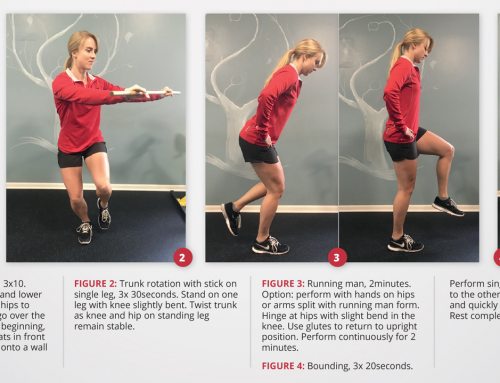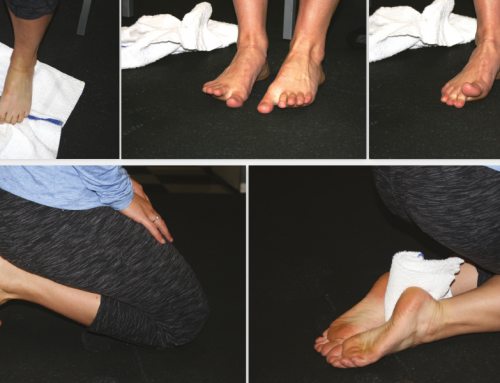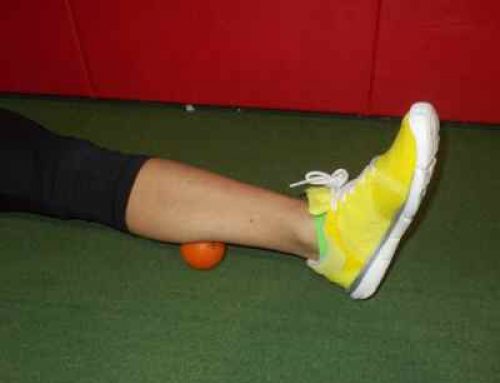Avoid The Pitfalls of Fall Running
By Kevin J. Logel, M.D.
Fall is a great season for running and many of you may be setting your sights on the goal of completing your first race, whether it’s a 5K, a marathon or triathlon. For those of you who are already avid runners, you know there are many pitfalls along the way to accomplishing these fall feats of endurance. When taking on the challenge of a long distance event such as a marathon, planning and preparation are instrumental. Following are some tips to help you see your way through safely.
Purchase Proper Footwear
Getting the right footwear for your running style and unique foot characteristics is a great first step. Seek out a knowledgeable running outfitter to get you in the shoe that provides the best shock absorption and stability for your foot. More than 75% of us are considered “pronators”, that is, our arches tend to roll inward as we go through the heel strike to toe-off phase of gait. Excessive pronation puts tremendous strain on the muscles and tendons of the arch (posterior tibial tendon) and can also be a cause of shin splints and tibial stress fractures.
Stretch, Warm-Up and Cool Down
Stretching and adequate warm-up not only before a run, but after as well, can prevent muscle strains/tears and even the dreaded heel pain condition, plantar fasciitis. Almost all runners have experienced plantar fasciitis at one time or another during their training and once it settles in, it can be difficult to get rid of. The mainstay of treatment is to stretch the calf muscles, the Achilles tendon, and the plantar fascia itself, multiple times a day. If symptoms do not subside after a few days, you may have to take a little time off from running to get it under control. Occasionally, over-the-counter inserts can also be of help to provide additional shock absorption for the heel.
Most importantly, listen to your body, it is a finely tuned instrument that will tell you when it is injured. If simple remedies such as rest, ice, and anti-inflammatory medications fail to alleviate your symptoms, seek the input of a health professional such as a trainer, physical therapist, or a physician familiar with the demands of running on the body.
# # #
Kevin J. Logel, M.D. is a fellowship-trained foot and ankle specialist focusing on sports injuries, post-traumatic reconstruction, and chronic conditions of the foot and ankle. Following his medical school training at UNC Chapel Hill, he completed his residency in orthopaedic surgery at the University of Utah Hospitals and a Foot and Ankle Fellowship at the Union Memorial / Johns Hopkins Hospitals in Baltimore, Maryland. To learn more about Dr. Logel, please visit http://www.raleighortho.com or to schedule an appointment, please call (919) 781-5600.






